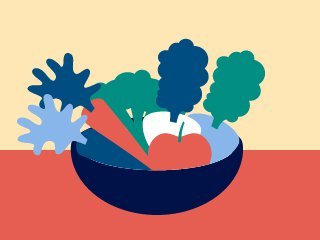Climate change threatens food security
Food security is affected by the changing climate, as drought, temperature variations, wildfires, severe weather events, pests, diseases and floods can damage food crops. This adds to an already existing global food crisis, as staple crops such as rice, wheat and corn are affected.
Worsening malnutrition puts the health and survival of women and children at risk and puts an added strain on people with HIV, who are taking antiretroviral medication, since solid nutrition is critical to the success of the therapy.
Scientists project that rising temperatures and shifting rains are likely to reduce crop productivity in many vulnerable regions. In developing countries, this will likely leave hundreds of millions without the ability to produce or purchase sufficient food.
In addition, climate-related ecosystem changes are making it harder to find some wild sources of food, as people’s knowledge of where and when to hunt, fish and gather food and plants becomes less reliable.
But simple initiatives can go a long way. In the village of Alikinkin, Niger, community gardens are an oasis of beauty and a source of food, helping children avoid the worst effects of the nutrition crisis.
Average Rating: ☆ ☆ ☆ ☆ ☆ (0 reviews)


